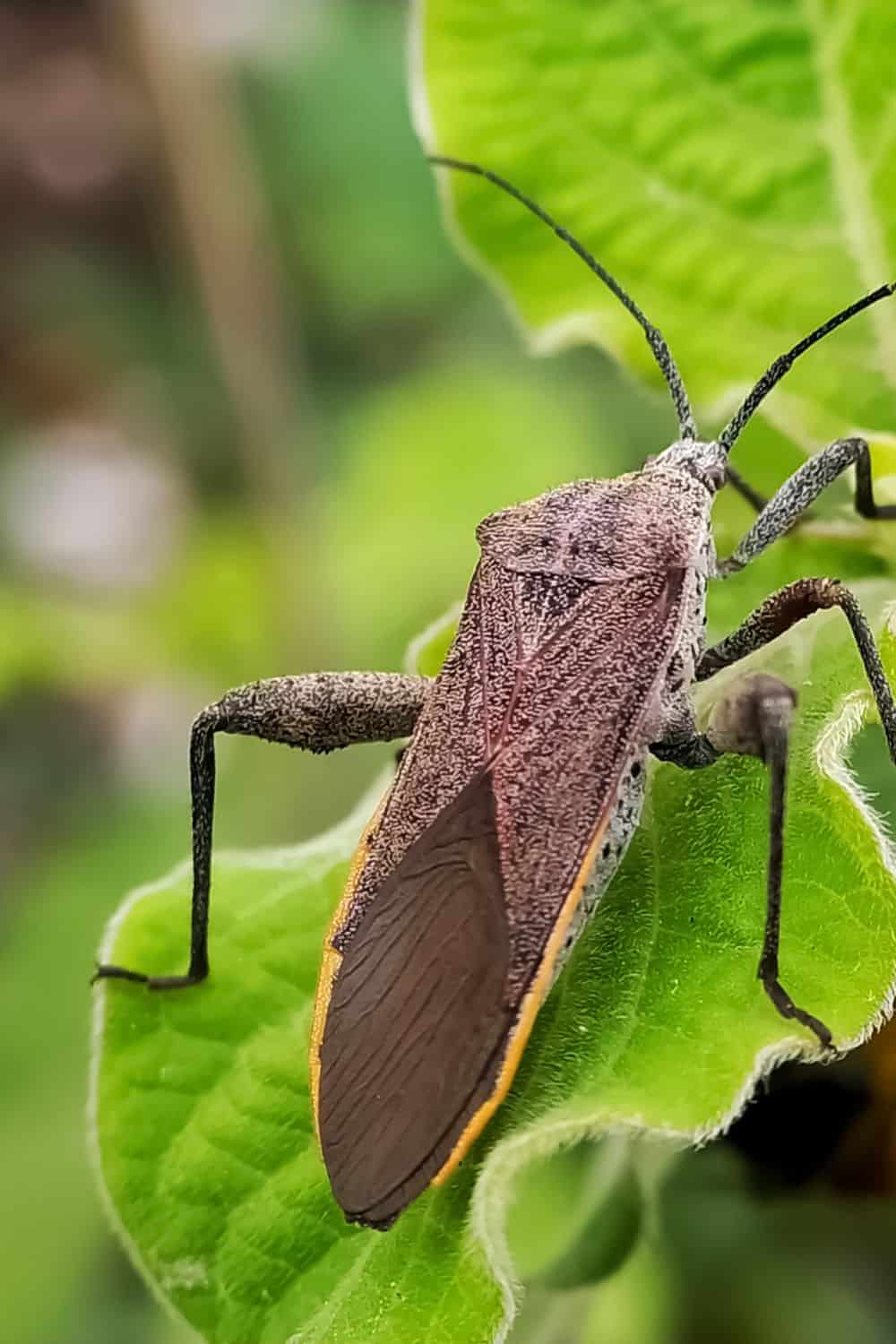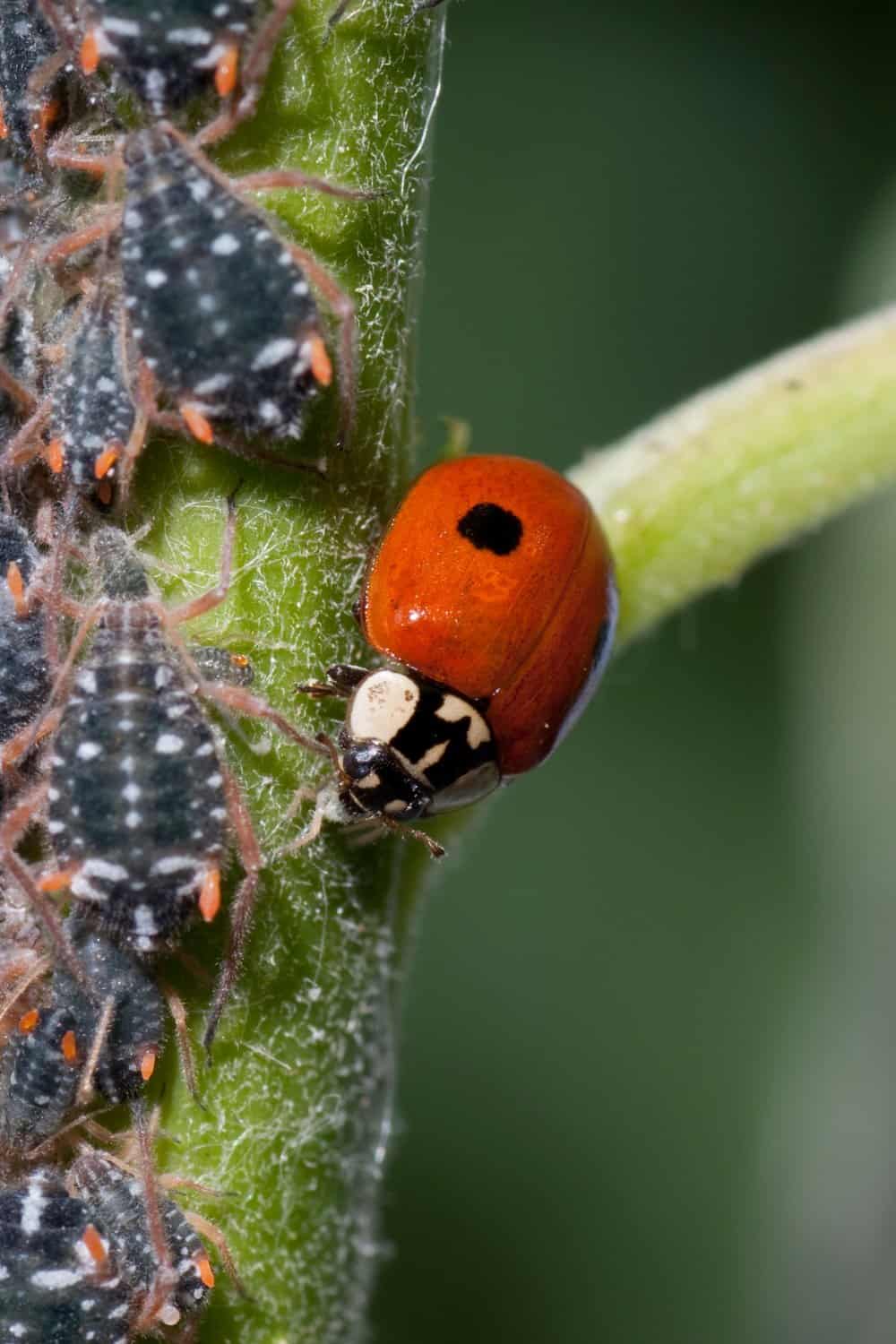
Understanding how to fertilize your garden in an environmentally friendly way can be challenging. Many fertilizers we use, even if organic, use bioproducts from slaughterhouses and poor practices in environmental sustainability. Learning to make and use compost tea ensures your garden is fed in a way that is healthy for you, the planet, and your plants without using bioproducts of animal processing.
I love using compost tea in our garden because it is a natural, nutrient-rich fertilizer that can help improve soil health and promote healthy plant growth in gardens and farms. Since compost tea is made from composted plant matter and manure from cows, goats, chickens, alpacas, or worm castings. Many home gardeners love it because not only is it an organic fertilizer that naturally occurs, but it also can easily be made at home so you know what you are putting into your soil and on your plants. The best part is that it contains many beneficial microorganisms that can help suppress harmful pathogens and pests, reduce the risk of plant diseases, and improve soil structure.
In this blog post, we’ll discuss what compost tea is, the benefits of compost tea, provide a recipe for making your own at home, and how often to apply it to your garden to build strong nutrients in your garden.

What is compost tea?
It is a popular organic fertilizer that has gained popularity among gardeners and farmers alike. Made by steeping compost in water, compost tea is a nutrient-rich liquid that can be used to nourish plants and improve soil health. It isn’t hard to make, and you can make it with many different naturally occurring materials depending on the nutrients you wish to add to your garden. More or less, it is a soluble version of composted or compostable materials.
Compost tea is made from a variety of natural materials that are high in nutrients and beneficial microorganisms. These are important in feeding your plants and maintaining healthy soil for your garden.

Here are some of the most common ingredients used to make compost tea:
- Compost: Compost is the primary ingredient in compost tea. It can be made from a variety of organic materials, including plant matter, manure, and food waste.
- Water: Water is used to brew the compost tea and helps to extract nutrients and microorganisms from the compost.
- Molasses: Molasses is often added to compost tea as a food source for beneficial microorganisms.
- Worm castings: Worm castings, also known as worm manure, are a rich source of nutrients and beneficial microorganisms.
- Seaweed: Seaweed is a natural source of micronutrients and can be added to compost tea to boost its nutrient content.
- Rock dust: Rock dust is a natural source of minerals and can be added to compost tea to improve soil fertility.
Overall, compost tea can be made using a variety of natural materials, depending on what your garden needs. If you want to learn more about fertilizing and knowing what your plants need, this fertilizing course will be helpful in understanding these basic things.
What are the benefits of compost tea?
One of the benefits of compost tea is that it contains a wide range of nutrients that are essential for plant growth, such as nitrogen, phosphorus, and potassium. These are the most important nutrients in the garden for your plants to thrive. By creating compost tea, the nutrients are made into an easier-to-digest formula for your plants to take in and to be added more directly into the soil.
Compost tea is also rich in beneficial microorganisms such as bacteria and fungi, which can help to suppress harmful pests and diseases and promote healthy plant growth. By adding these microorganisms to the soil when compost tea is applied creates a natural and sustainable solution to common gardening problems.
Another advantage of using compost tea is that it is an environmentally friendly alternative to chemical fertilizers. Many home gardeners are worried about adding fertilizers, which makes sense because chemical fertilizers can not only cause runoff of chemicals because they can be applied too heavily where the soil and plants cannot ingest them.
To make compost tea, gardeners can use a variety of composting materials, such as plant matter, manure, and worm castings. These materials are added to a container of water and allowed to steep for several days, during which time the water absorbs the nutrients and beneficial microorganisms from the compost.

How to make compost tea:
The recipe for compost tea can vary depending on the specific materials and equipment being used, but here is a general recipe for making compost tea:
Ingredients:
- 5 gallons of water
- 1-2 cups of compost (made from plant matter, manure, or worm castings)
- 1-2 tablespoons of molasses (optional)
Equipment:
- A large bucket or container
- An aquarium pump with tubing and air stone (optional)
- Cheesecloth or a fine mesh bag for straining (optional)
Instructions:
- Fill a large bucket or container with 5 gallons of water.
- Add 1-2 cups of compost to the water.
- If desired, add 1-2 tablespoons of molasses to provide a food source for the microorganisms.
- Stir the mixture well to combine the compost and water.
- If using an aquarium pump, connect the tubing and air stone and place the stone in the bucket to aerate the water. If not using an aquarium pump, stir the mixture vigorously for several minutes to introduce oxygen.
- Cover the container with a cheesecloth or fine mesh bag to prevent debris from entering the tea.
- Let the mixture steep for 24-48 hours, stirring occasionally or keeping the pump running to ensure aeration.
- After steeping, strain the compost tea through the cheesecloth or mesh bag to remove any solids.
- Dilute the compost tea with water if desired (1 part tea to 4 parts water is a common dilution ratio).
- Apply the compost tea to plants as a foliar spray or soil drench, taking care not to over-fertilize. Unused compost tea can be stored in a covered container for up to a week.
Note: It is important to use caution when making and using this mixture to avoid contamination by harmful bacteria. Always use clean materials and equipment, and avoid using compost that has come into contact with meat, dairy, or pet waste.

How often should I add to my garden?
The frequency of adding compost tea to your garden depends on several factors, including the type of plants you are growing, the quality of your soil, and the dilution rate of your compost tea.
Generally, applying compost tea to your garden every two to three weeks during the growing season is recommended. This will help to maintain healthy soil biology and provide a steady supply of nutrients to your plants.
However, it is important to avoid over-fertilizing your plants with compost tea. Too much nitrogen, phosphorus, or potassium can lead to nutrient burn or other problems. Additionally, if you are using a particularly potent or concentrated compost tea, you may need to reduce the frequency of application.
To determine the optimal frequency of compost tea application for your garden, start by applying it every two to three weeks and monitor your plants closely for any signs of over-fertilization or nutrient deficiency. Adjust the frequency of application as needed based on your observations.
Once the compost tea has been steeped, apply to plants.

In conclusion, compost tea is a natural and sustainable fertilizer that can help gardeners and farmers to grow healthy plants and improve soil health. By incorporating it into their gardening practices, growers can reduce their reliance on chemical fertilizers and create a healthier, more environmentally friendly garden or farm.
Learn more about soil health
You can learn more about our methods and ideas on soil health by checking out our soil course on our community platform focuses on helping you become a more confident gardener.
Learn more about making compost at home for your garden and how to incorporate using chickens or using a worm composter. Compost and compost tea are essential ways to bring in organic matter into your garden year after year to build healthy soil.



